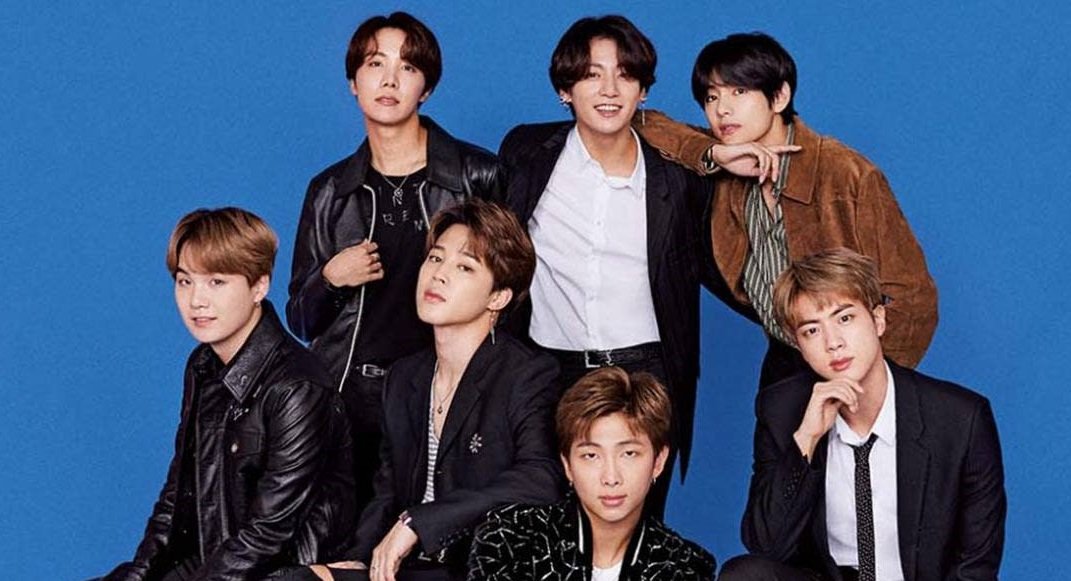It was found that the prefix ‘K’ representing Hallyu also works overseas. As Korean content is gaining tremendous popularity abroad, a new word, ‘K-,’ has been coined, and the Korean Wave continues.
According to the Korea International Cultural Exchange Agency on the 14th, as a result of visualizing the full text of reports by overseas correspondents published since May 2004 by period (Korean Wave 2.0, Hallyu 3.0, New Hallyu), the prefix ‘K-‘ appeared as a high-ranking keyword, and Hallyu’ K-,’ which represents content, has become the top keyword.
Based on keywords extracted through extensive data analysis of overseas correspondent reports using Python web data crawling by the Korea International Cultural Exchange Agency, from the 17th to the 25th of last month, 17 overseas correspondents in 15 countries, including Germany, the United States, and China According to the survey conducted, ‘K-PoP’ and ‘K-Drama’ were selected as words representing ‘K-Contents.’ ‘K-Pop’ was used the most at 65% and ‘K-Drama’ at 24%.
Representative words of K-Pop and K-Drama’ Korean Wave content.’
K-Pop from Hallyu 2.0 (the mid-2000s to early 2010s) to Hallyu 3.0 (early 2010s to 2019), and K-Drama from Hallyu 3.0 to New Hallyu (after 2020) influenced the change and growth of Hallyu appeared as a keyword that gave It is analyzed that K-Drama has re-emerged with the emergence of popular dramas following K-Pop, which represents Hallyu 2.0.
Even in some European countries, where the reception of the Korean Wave was relatively late, the expansion of the Hallyu continues. A French correspondent said, “Korea has given dignity to Jar, which France has not favored,” said a French correspondent. It proves that the term is widely used.”
A German correspondent also said, “K-Pop, considered a minority culture for young people in the past, has continuously expanded its fandom and has become a genre that the German music industry is paying attention to.” He also commented, “Industrial expansion such as the expansion of offline stores and the opening of dedicated online malls is also notable.” In Germany, K-Pop has become a proper noun. As a result, reports analyzing the popularity of K-Drama have skyrocketed.”
Meanwhile, BTS appeared as the top keyword for Hallyu 3.0 and New Hallyu. In addition, a restaurant in Malaysia named the new drink ‘GTS (Wheat Grass Tea Special)’ with a similar sound to BTS. In particular, the word ‘Oppa’ in the Oxford English Dictionary in promoting the menu stands out.
A Chinese (Beijing) correspondent said, “In Chinese dramas, when a female protagonist flirts with her boyfriend, she uses the title Oppa, or a video has been uploaded on social media about how to use the word Oppa properly. Along with ‘Oppa,’ listed in the Chinese Baidu dictionary, ‘unni’ is also recognized and used as a unique title in Korea.” Also, in Singapore, recently, ‘ajoomma’ has emerged as a new word due to the popularity of the Korean-Singapore joint film ‘Ajumma.
‘make use of Some countries said that the source of Korea’s soft power came from the Korean wave and the active use of the prefix ‘K-.’ For example, a Spanish correspondent said, “Korea is currently the country with the strongest soft power. Various media often describe the Korean wave that conquers the world, starting with content, as ‘K-Boom’ and analyzing the cause.”
In France, where culture is regarded as a higher level of politics, he emphasized that “the Korean Wave model provides an idea of a way to return the minds of young French people who are reluctant to participate in politics.” Indonesia is paying attention to the generalization of ‘I-‘ in Indonesia based on the prefix ‘K-.’
Meanwhile, the word ‘K-Poper,’ which means fans who enjoy K-pop, is widely used in Spain. A Spanish correspondent said, “K-Poper” means fans who are active enough to be called ‘digital warriors’ who support all artists, not just a specific singer.”
In Germany, the fandom term ‘K-Pop-Stans,’ a combination of ‘K-Pop’ and ‘Stan’ (a variety of stalker and fan), is used. A German correspondent said, “Stan originated from the negative connotation of a big fan of the extreme fan, but recently it is recognized as a cultural force with a common initiative.”
On the other hand, a British correspondent said, “The prefix ‘K-‘ is applied to all fields related to Korean culture.” Rather, it proves that it is universal and general.” In addition, in the UK, the word ‘Hallyu (Korean wave)’ is not only the most popular word right now, but also, “The fact that there are a lot of people in the UK who have no experience with Korean culture will act as a positive factor in expanding interest in the Korean wave in the future.”
Difficult to apply ‘K-‘ in some countries due to language differences
In Germany, it is difficult to find an active application of the prefix ‘K-‘ other than K-Pop, which has become a proper noun. However, it is a noteworthy change that various media outlets in Germany are referring to K-Drama as a noun, despite conventionally referring to a drama as a ‘serien.’
The prefix ‘K-‘ in France has no special meaning as Korea is written as Corée. Therefore, French local media sometimes explain K-Pop by adding the Korean expression Pop or Pop Coréenne.
Also, in Beijing, China, K-Pop is named ‘Korean popular music,’ and K-Drama is named ‘Hanjwi’ (韩剧). The Beijing Correspondent commented, “As the word ‘Korean Wave’ originated in China, the use of the word may be more appropriate in China.”
Expect new K-coined words such as ‘K-Pours’ and ‘Chingu.’
A Philippine correspondent said, “It has become easier to purchase Korean food from the era of Hallyu 3.0.”
Several correspondents mentioned that the chimaek (chicken and beer) craze that has blown around the world after the drama ‘My Love from the Star’ is leading to an interest in various Korean alcoholic beverages in K-Contents. An Australian correspondent said,” ‘K-Pours,’ which means enjoying different Korean alcoholic drinks with food, is emerging as a new word. said.
A Singapore correspondent said, “There is a perception that Korea’s drinking culture is enjoyable and exciting for local young people, so the types of soju sold in supermarkets have increased rapidly recently.” So it appeared, and Korean alcohol, which arrived later than Japanese alcohol, began to show its presence.” A Filipino correspondent said, “As ‘Friend Soju,’ a fruit soju, has become very popular, it is used so familiarly that it does not require a separate explanation of what ‘Chingu’ means.”
Han Jong-dae, director of the Korea International Cultural Exchange Agency, said, “Various new words using the prefix ‘K-‘ are an achievement of Hallyu promotion. I look forward to it,” he said.











